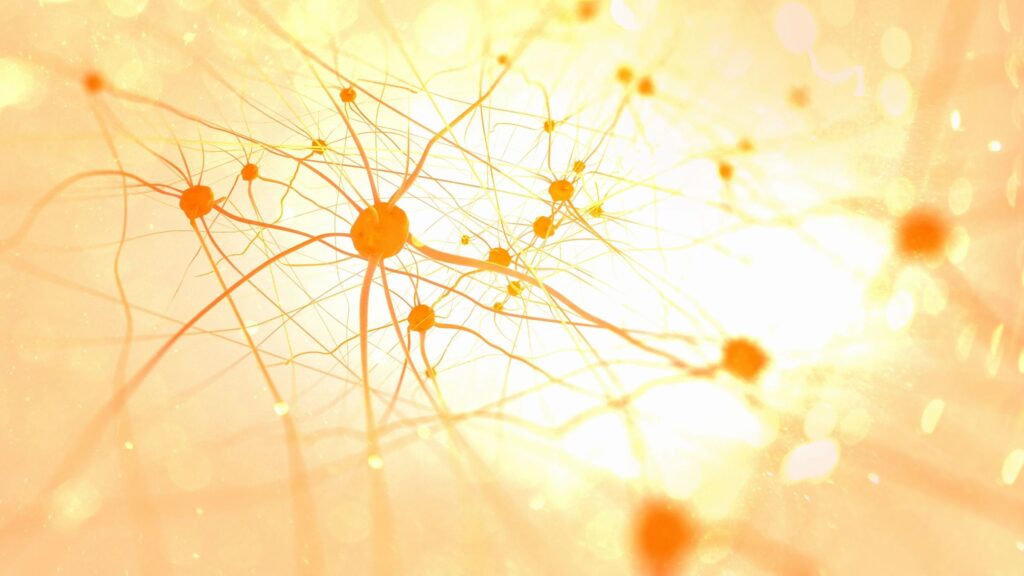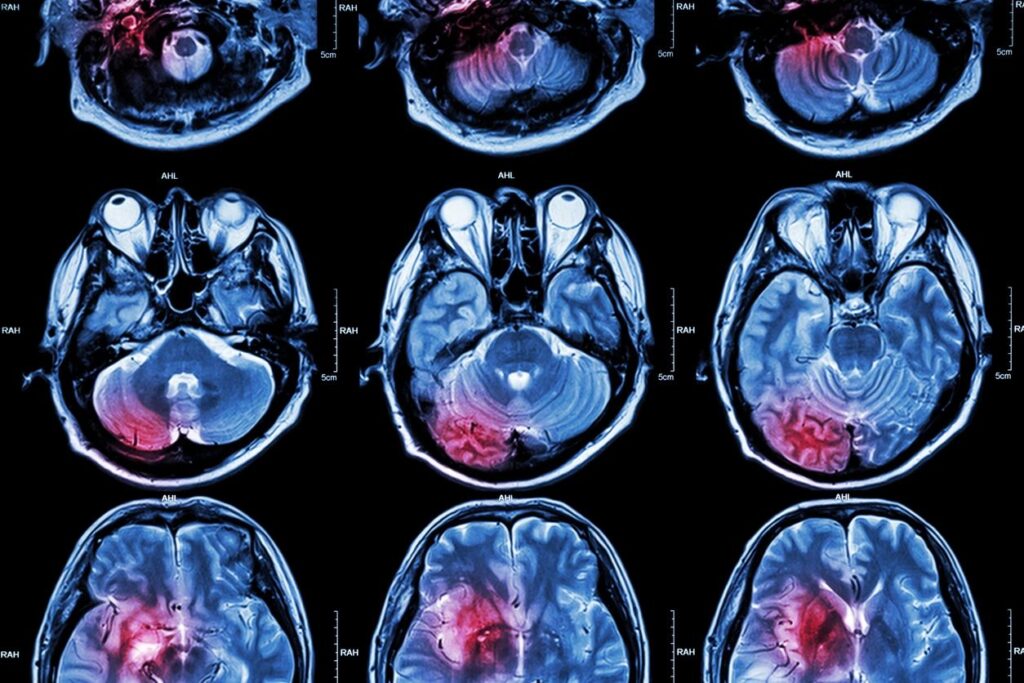Cognitive Psychology
The Link Between Emotional Regulation and Social Support
It’s easy to think of managing our emotions as something we do as individuals. In reality, though, the input we receive from others makes a difference in how we regulate our emotions. While our emotions our personal, they’re also tied up with the people around us. Psychology studies looking at the relationship between emotional regulation…
Read MorePracticing Music Is Associated With a Sharper Brain Later in Life
If you want your brain to stay in good form as the years add up, be sure to keep a healthy diet, exercise frequently, and … play a musical instrument? A new meta-analysis of studies on the link between music and cognitive health has concluded that regularly practicing a musical instrument correlates with enhanced cognitive…
Read MoreDo Early Developmental Milestones Predict Intelligence in Middle Age?
Will a baby who says their first words at a precocious age go on to have a sharp mind at 50? The idea that signs of future intelligence can be spotted in toddlerhood sounds logical enough, but the strength of the correlation between infant behavior and adulthood intelligence remains up for scientific debate. Recently, a…
Read MoreHow Much of Life Is Spent Mind-Wandering?
The human mind is hard to pin down. It goes where it wants, not necessarily where it’s supposed to, and it’s averse to sitting still. But how much does the mind wander? How much of our time do we spend focused on something other than what’s in front of us? The most commonly cited answer…
Read MoreCan Natural Sounds Recharge the Brain?
Buy a CD of music for relaxation, and there’s a good chance it’ll feature running water, chirping birds and rustling leaves. Instinctively, it makes sense to us that the sounds of nature should be refreshing for the mind. This idea hasn’t been lost on psychology researchers. A range of studies have investigated whether natural sounds…
Read MoreWhat Sets Adults With Autism Who Have Savant Skills Apart?
Occasionally, people with autism have special abilities where they are able to far outperform others. They might be able to perform feats of memory, create incredibly realistic works of art, or tell you without hesitating that January 31, 2021 will be a Sunday. Of course, the majority of people with autism don’t have savant syndrome,…
Read MoreRepetition Makes Fake News More Believable
If you want something to be believable, just repeat it. Let me say that again: if you want something to be believable, just repeat it. A new study by researchers at Yale University shows that blatantly false “news” articles become easier to believe when people have been exposed to them before. The study also suggests…
Read MoreGoing Gluten-Free Changes What Potential Romantic Partners Think of You
It’s unclear whether going gluten-free has any health benefits for people without celiac disease, but that hasn’t stopped the diet from catching on. Last month, a Gallup poll found that one in five Americans make a point of including at least some gluten-free food in their diet. Those who opt for a gluten-free diet are…
Read MoreIs Creationism the Ultimate Conspiracy Theory?
I’ve got one heck of a conspiracy theory for you. It goes like this: contrary to what scientists say, everything in the natural world exists because someone created it that way, not because it’s the result of evolution. The idea that the natural world was deliberately designed to function the way it does is an…
Read MoreAbility to Feel Awe May Drive Scientific Thinking
Thinking scientifically involves putting forward logical explanations and dispassionately considering the evidence. But underlying scientific inquiry might be a more profound emotion: awe. Evidence for this idea comes from a study published this month in the journal Cognitive Science. The study, by researchers at University of California, Berkeley, found that a more scientific way of…
Read More









